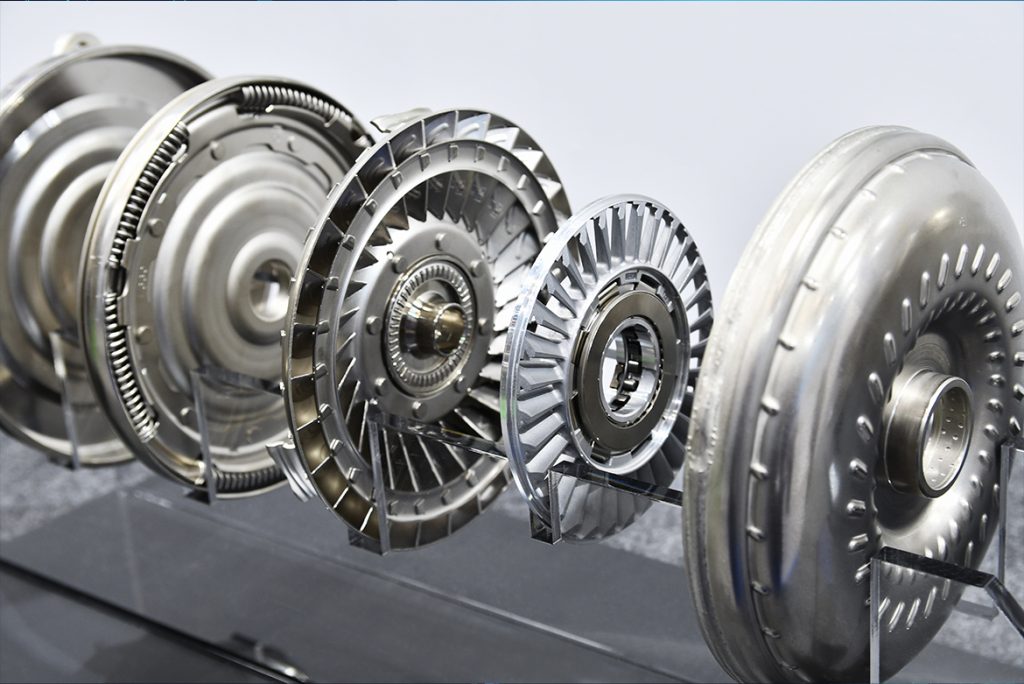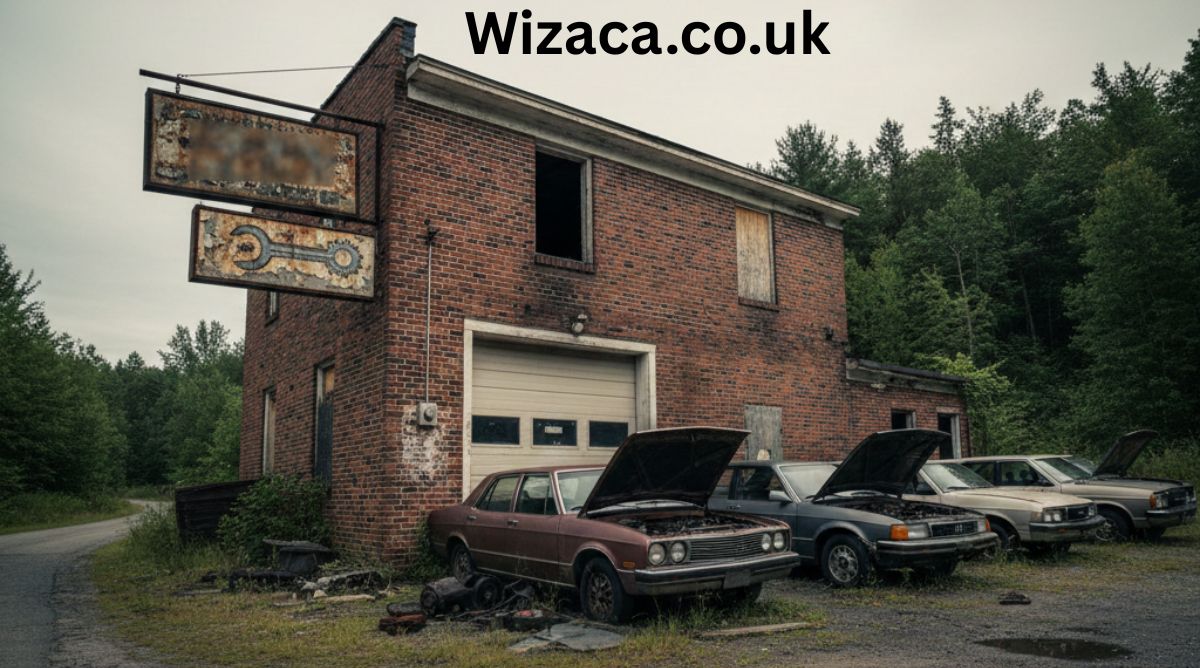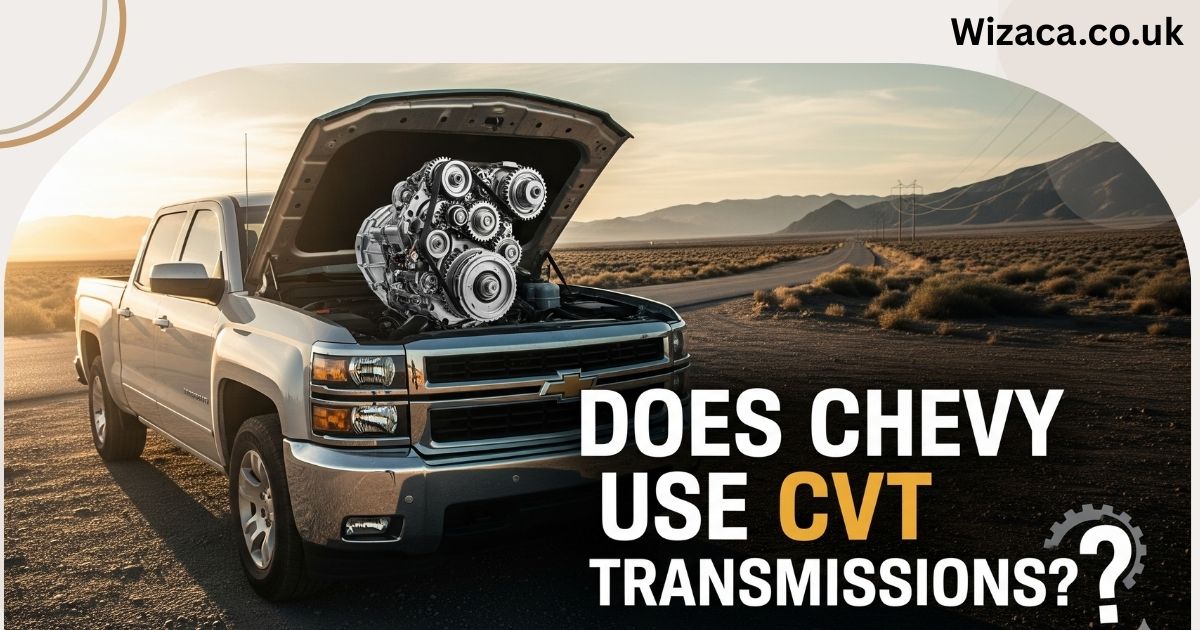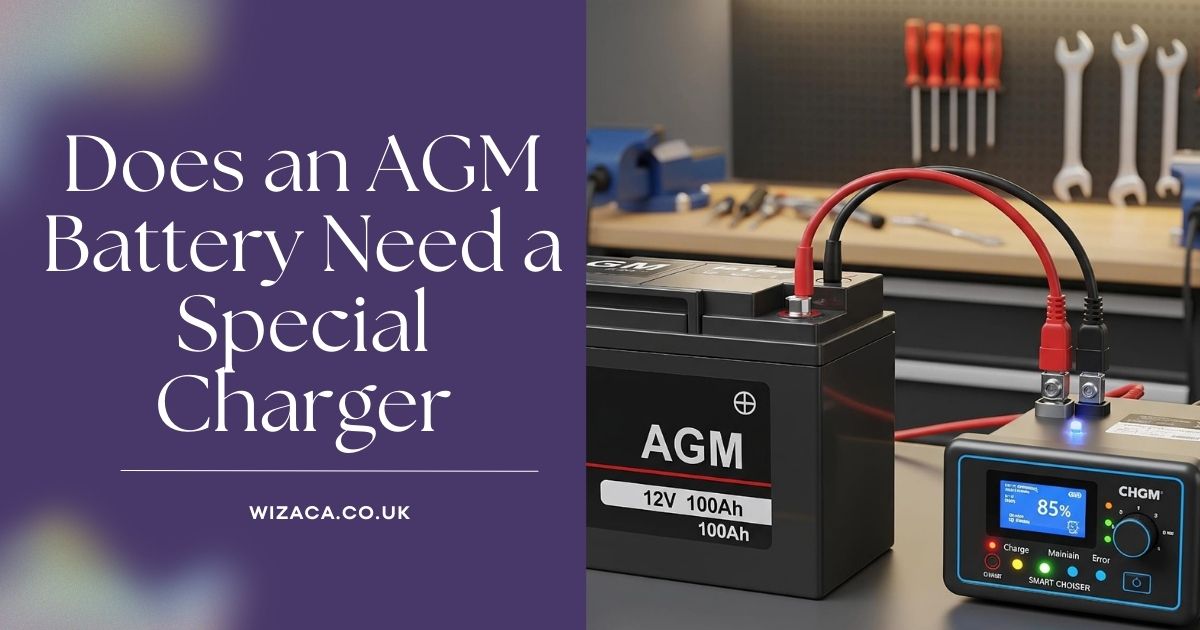Yes, most CVT (Continuously Variable Transmission) vehicles do have a torque converter, although its role is slightly different compared to traditional automatic transmissions. In a CVT, the torque converter functions primarily to manage the transfer of engine power to the transmission while allowing for smooth acceleration and deceleration, but it is not involved in the gear-shifting process.
Let’s explore how a torque converter works in a CVT system and how it differs from conventional automatic transmissions.
What Is a Torque Converter?
A torque converter is a hydraulic device that connects the engine to the transmission in automatic vehicles. It uses fluid to transfer engine power and provides several functions:
- Power transfer: It allows the engine to rotate without stalling the vehicle when the car is at rest.
- Torque multiplication: It helps the vehicle move from a stop by multiplying the engine’s torque for better low-speed performance.
- Smooth acceleration: It provides smooth and gradual acceleration by controlling the rate at which power is transferred from the engine to the wheels.
How Does a Torque Converter Work in a CVT?
In a CVT transmission, the torque converter plays a vital role in ensuring smooth acceleration, especially since a CVT does not have traditional gears. The torque converter:
- Connects the engine to the CVT: It allows for smooth engagement between the engine and the variable pulleys of the CVT.
- Helps with low-speed power: The converter provides torque multiplication at low speeds when the vehicle is starting from a stop, preventing the engine from stalling.
- Ensures smoother operation: Unlike traditional automatics, which shift between gears, a CVT provides a seamless transition through an infinite number of ratios, and the torque converter helps maintain smooth power delivery.
Does a CVT Work Like a Regular Automatic Transmission?
A CVT is different from a traditional automatic transmission in that it does not have a set number of gears. Instead, it uses a system of pulleys and a belt to provide an infinite range of gear ratios, offering smoother and more efficient power delivery. While traditional automatics use a torque converter to engage and disengage gears, the CVT uses the torque converter for smooth power transfer and starts.
Key Differences Between a CVT and Traditional Automatic Transmission:
- Gear shifting: Traditional automatics have discrete gears, while a CVT seamlessly adjusts the gear ratio.
- Torque converter role: Both use a torque converter, but in a CVT, it’s mainly for smooth power transfer, while in a traditional automatic, it also helps with torque multiplication and shifting.
- Fuel efficiency: CVTs are often more fuel-efficient because they can keep the engine in its optimal power band, avoiding the constant shifting of gears.
Do All CVT Vehicles Have a Torque Converter?
Most vehicles with a CVT transmission do have a torque converter, but some modern CVT designs, particularly those used in hybrid vehicles or with electric motors, may not use one. These systems may rely on electric motors to assist in power delivery, and in these cases, the torque converter may be omitted or replaced by a different type of coupling.
Benefits of Having a Torque Converter in a CVT
While a CVT doesn’t have the traditional gear-shifting mechanism, the torque converter still provides several benefits:
- Smooth acceleration: It helps manage the transition of power from the engine to the transmission smoothly, reducing jerky movements when starting or accelerating.
- Torque multiplication: At lower speeds, the torque converter can provide extra torque to move the car from a stop, similar to what it does in a conventional automatic transmission.
- Efficiency: It allows the engine to operate more efficiently by preventing stalling at low speeds and ensuring smooth shifts within the CVT system.
Can a CVT Transmission Have Issues with the Torque Converter?
While CVTs are generally reliable, issues can still arise with the torque converter:
- Overheating: Just like traditional automatics, the torque converter in a CVT can overheat if the cooling system fails or if the vehicle is overworked.
- Fluid contamination: The torque converter relies on transmission fluid to operate. If the fluid is dirty or the level is low, it can cause damage to the converter or the transmission.
- Slipping: If the torque converter is worn or malfunctioning, it may cause slipping, where the engine revs without the car accelerating, leading to poor performance.
Conclusion
Yes, a CVT transmission does have a torque converter. It functions primarily to provide smooth engagement between the engine and transmission, enabling smooth starts and acceleration. While it doesn’t have gears like a traditional automatic, the torque converter is still important for power transfer and ensuring the engine operates efficiently. As with any automotive component, maintenance of the torque converter and CVT system is important for optimal performance.
FAQs
Does a CVT Use a Torque Converter Like Traditional Automatics?
Yes, it uses a torque converter, but its role is mainly for smooth power transfer, not gear-shifting like in traditional automatics.
Can a CVT Transmission Work Without a Torque Converter?
In some hybrid systems, the torque converter may be replaced or omitted, but most CVTs still use one for smoother operation.
What Happens If the Torque Converter Fails in a CVT?
A failing torque converter can cause sluggish acceleration, slipping, overheating, and other transmission-related issues.
How Can I Prevent Torque Converter Problems in a CVT?
Regular maintenance, including fluid changes, and avoiding overheating can help prevent torque converter problems in a CVT system.
Are CVTs More Fuel Efficient Than Traditional Automatics?
Yes, CVTs can be more fuel-efficient since they can keep the engine in its optimal power range without needing to shift gears.
Also Check:
• Does a Diesel Engine Have a Catalytic Converter?
• Does a Diesel Engine Have a Spark Plug?
• Does 2003 Honda Odyssey Have a CVT Transmission?
• Does the 2009 Nissan Quest Have a CVT Transmission?
• Does the 2018 Honda Accord Touring 2.0T Require Premium Gasoline?











One thought on “Does a CVT Transmission Have a Torque Converter?”